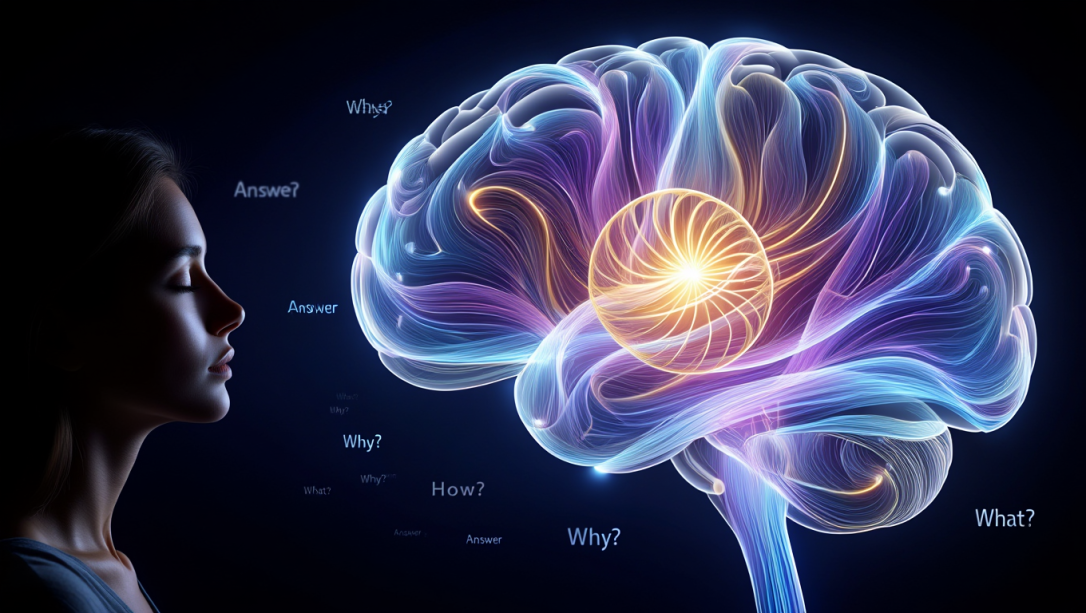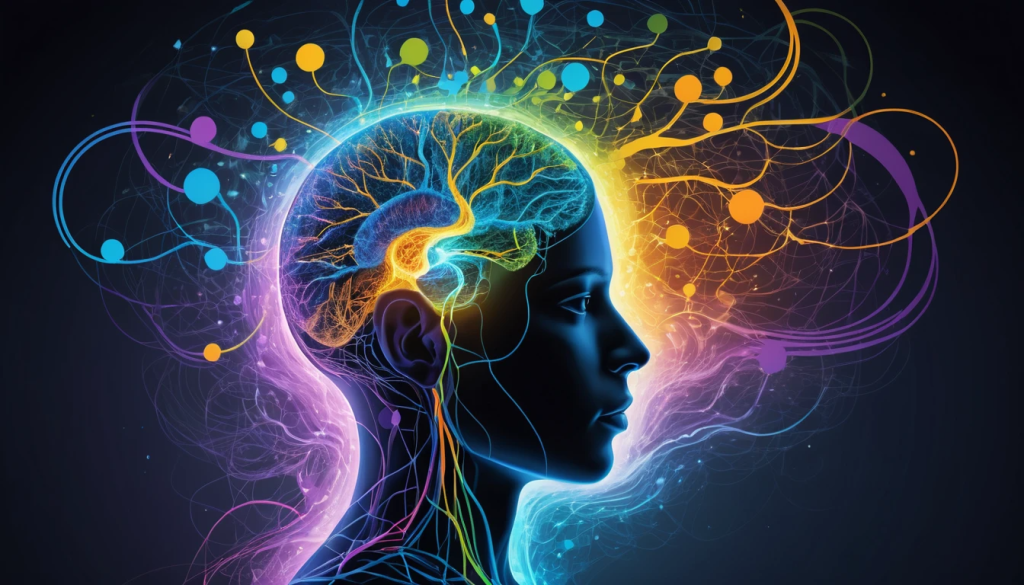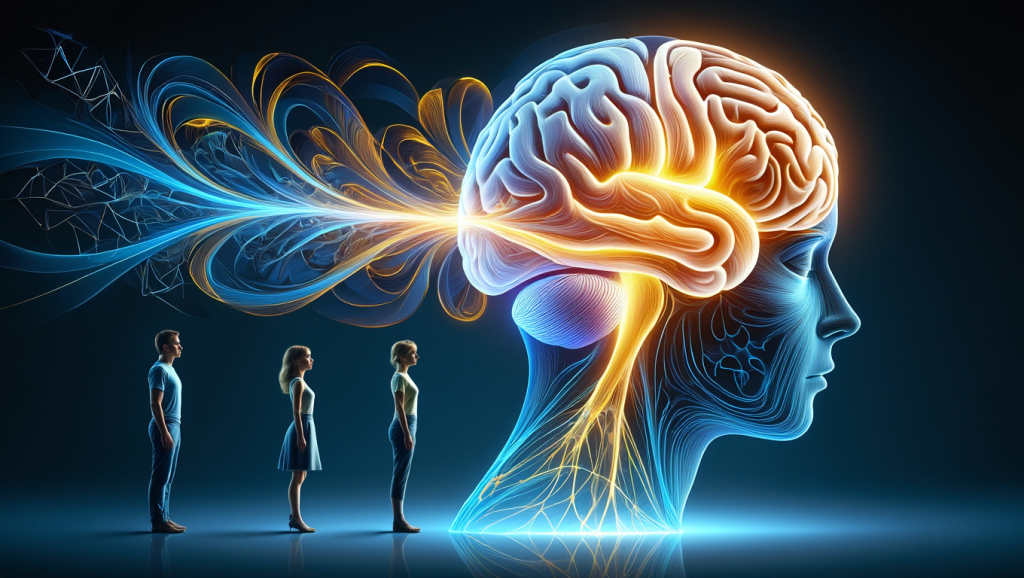Introduction
Self-hypnosis remains one of the most powerful yet misunderstood tools for personal transformation. As more people discover the benefits of this practice, questions naturally arise about how it works, its safety, and its effectiveness. At PeterMican.com, we’re committed to helping you understand the science and application of self-hypnosis for mind reprogramming. In this comprehensive FAQ, we’ll address the most common questions we receive to help you begin or deepen your self-hypnosis journey.
The Top 15 Questions About Self-Hypnosis
1. What exactly is self-hypnosis?
Self-hypnosis is a naturally occurring state of focused attention and heightened suggestibility that you can induce in yourself. During this state, your conscious critical mind becomes less active, allowing suggestions to more easily reach your subconscious mind. Contrary to popular belief, you remain in control throughout the process and can exit the hypnotic state at any time.
The practice involves guiding yourself into a relaxed state where your brain shifts from fast-paced beta waves to slower alpha and theta waves. This creates an ideal environment for introducing positive suggestions that can help reshape thought patterns, behaviors, and responses.
2. Is self-hypnosis scientifically proven to work?
Yes. Numerous peer-reviewed studies have demonstrated the effectiveness of hypnosis and self-hypnosis for various applications. Research from institutions like Stanford University and the American Psychological Association has confirmed hypnosis can create measurable changes in brain activity and function.
The science shows that during hypnosis, there are observable changes in brain regions associated with attention, pain perception, and executive control. These changes explain why self-hypnosis can be effective for pain management, habit change, stress reduction, and performance enhancement.
3. Can anyone be hypnotized?
Most people can experience some level of hypnosis, but hypnotic susceptibility varies from person to person. Research suggests that approximately 10-15% of people are highly responsive to hypnosis, 70-80% have moderate responsiveness, and about 10% have low responsiveness.
Your ability to be hypnotized depends on several factors, including your:
- Openness to the experience
- Ability to concentrate
- Trust in the process
- Motivation to achieve your desired outcome
With practice, many people can enhance their responsiveness to hypnotic suggestions over time.
4. Will I lose control during self-hypnosis?
No. One of the most persistent myths about hypnosis is that it involves surrendering control to someone else. With self-hypnosis, you are both the hypnotist and the subject, maintaining full control throughout the experience. You cannot be made to do anything against your will or moral code.
In fact, self-hypnosis actually enhances your sense of control by giving you tools to influence aspects of your thinking and behavior that previously seemed automatic or involuntary.
5. How does self-hypnosis compare to meditation?
While self-hypnosis and meditation share similarities—both involve relaxation and altered states of consciousness—they differ in their primary purpose:
- Meditation typically focuses on present-moment awareness, mindfulness, and observation without judgment. The goal is often insight, clarity, or spiritual connection.
- Self-hypnosis is more directed toward specific changes and outcomes. It uses focused suggestion to reprogram the subconscious mind for particular results.
Many practitioners find value in both practices, using meditation for general awareness and self-hypnosis for targeted personal change.
6. How long does it take to see results from self-hypnosis?
Results vary based on individual factors and the specific goal you’re working toward. Some people experience noticeable shifts after their very first session, particularly for simple relaxation or state changes. More complex changes typically require consistent practice over time:
- Simple stress reduction: Often immediate to a few days
- Sleep improvement: 1-2 weeks of regular practice
- Habit changes: 3-6 weeks of consistent application
- Deep-seated belief changes: 2-3 months or longer
Consistency is the key factor determining how quickly you’ll experience results.
7. Is self-hypnosis safe?
Self-hypnosis is generally considered very safe for most people. Since you remain in control throughout the process, you can always bring yourself out of the hypnotic state if needed.
However, there are a few considerations:
- Those with certain psychiatric conditions like psychosis should consult a healthcare provider before practicing
- Don’t practice while driving or operating machinery
- If exploring traumatic memories, consider working with a professional hypnotherapist initially
When using audio recordings like those offered at PeterMican.com, our programs are designed with safety as a priority.
8. What’s the difference between self-hypnosis and guided hypnosis recordings?
The primary difference lies in who is guiding the process:
- Pure self-hypnosis involves guiding yourself into the hypnotic state and delivering your own suggestions, usually through pre-planned scripts or visualizations.
- Guided hypnosis recordings feature a professional hypnotist who leads you into the hypnotic state and delivers suggestions. These recordings (like our programs at PeterMican.com) make the process easier for beginners while still allowing you to maintain control.
Many practitioners begin with guided recordings to learn the process and then gradually incorporate more self-directed techniques.
9. How often should I practice self-hypnosis?
For meaningful results, consistency matters more than session length. Consider these guidelines:
- Beginners: 10-20 minutes daily for the first 3-4 weeks to build the skill
- Established practice: 3-5 sessions per week, 15-30 minutes each
- Intensive change work: Twice daily sessions may accelerate results for specific goals
Remember that your subconscious responds to repetition, so regular shorter sessions are generally more effective than occasional lengthy ones.
10. Can self-hypnosis help with anxiety and stress?
Absolutely. Self-hypnosis is particularly effective for anxiety and stress management. Research has shown that regular hypnosis practice can lower cortisol levels (the stress hormone) and activate the parasympathetic nervous system, which controls relaxation responses.
The techniques work through several mechanisms:
- Inducing the relaxation response
- Reprogramming automatic stress reactions
- Creating resourceful anchor states you can access when needed
- Addressing underlying beliefs that contribute to anxiety
Many of our users report that stress reduction is one of the first and most noticeable benefits they experience.
11. What makes an effective self-hypnosis script?
An effective self-hypnosis script typically includes these key elements:
- Induction: Guidance into the relaxed hypnotic state
- Deepening: Techniques to deepen the trance state
- Suggestion phase: Clear, positive, present-tense suggestions
- Future pacing: Visualization of successfully applying the changes
- Emergence: Guidance to return to full alertness
The most effective scripts use positive language (what you want, not what you don’t want), engage multiple senses, and connect with emotion. We offer professionally crafted scripts at PeterMican.com that incorporate these principles.
12. Can self-hypnosis help me break bad habits?
Yes, self-hypnosis is particularly effective for habit change. Habits are largely subconscious behaviors, and self-hypnosis provides direct access to the subconscious mind where these patterns are stored.
The process works by:
- Identifying the triggers and rewards behind the habit
- Creating new associations and responses to those triggers
- Strengthening your motivation and commitment to change
- Rehearsing new behaviors in a deeply relaxed state
Whether you’re addressing nail-biting, emotional eating, procrastination, or other unwanted habits, self-hypnosis can be a powerful addition to your change strategy.
13. Does self-hypnosis work while you sleep?
Traditional self-hypnosis typically requires a state of focused relaxation rather than sleep. However, there are specialized approaches that work with the transition states between wakefulness and sleep:
- Hypnagogic state (falling asleep): This twilight state can be receptive to suggestions and is used in some sleep-learning protocols.
- Sleep programming: Listening to suggestions as you fall asleep may influence dreams and thought patterns.
For most applications, however, we recommend practicing self-hypnosis while awake enough to focus attention, as this tends to produce more reliable results.
14. How does self-hypnosis differ from affirmations?
Both self-hypnosis and affirmations aim to reprogram subconscious thought patterns, but they differ in approach and often effectiveness:
- Affirmations involve conscious repetition of positive statements, which may eventually influence subconscious patterns. However, they often face resistance from the conscious critical mind.
- Self-hypnosis temporarily bypasses the critical faculty, allowing suggestions to reach the subconscious more directly with less resistance.
Many practitioners find that combining both approaches—using affirmations within a self-hypnosis session—provides the best results.
15. Can self-hypnosis enhance performance and learning?
Yes, performance enhancement is one of the most well-documented applications of self-hypnosis. Athletes, performers, students, and professionals use these techniques to:
- Improve focus and concentration
- Reduce performance anxiety
- Enhance memory and recall
- Accelerate skill acquisition
- Increase motivation and drive
The process works by creating optimal mental states, rehearsing success mentally, and removing limiting beliefs that might inhibit peak performance.
Conclusion
Self-hypnosis offers a powerful, science-backed approach to reprogramming your mind for positive change. As you begin or continue your practice, remember that like any skill, it improves with consistent application.
At PeterMican.com, we’re dedicated to providing you with the highest quality self-hypnosis and brain entrainment programs to support your personal development journey. Our specially designed audio sessions combine powerful self-hypnosis techniques with advanced brain entrainment technology to help you achieve results more quickly and easily.
Have more questions about self-hypnosis? Contact us directly or explore our other blog posts on specific applications and techniques.
Ready to Experience the Power of Self-Hypnosis?
Explore our premium collection of self-hypnosis programs designed to help you reduce stress, improve sleep, boost confidence, enhance focus, and much more.
Disclaimer: Self-hypnosis is not a replacement for professional medical or psychological treatment. If you have a clinical condition, please consult with appropriate healthcare providers.







